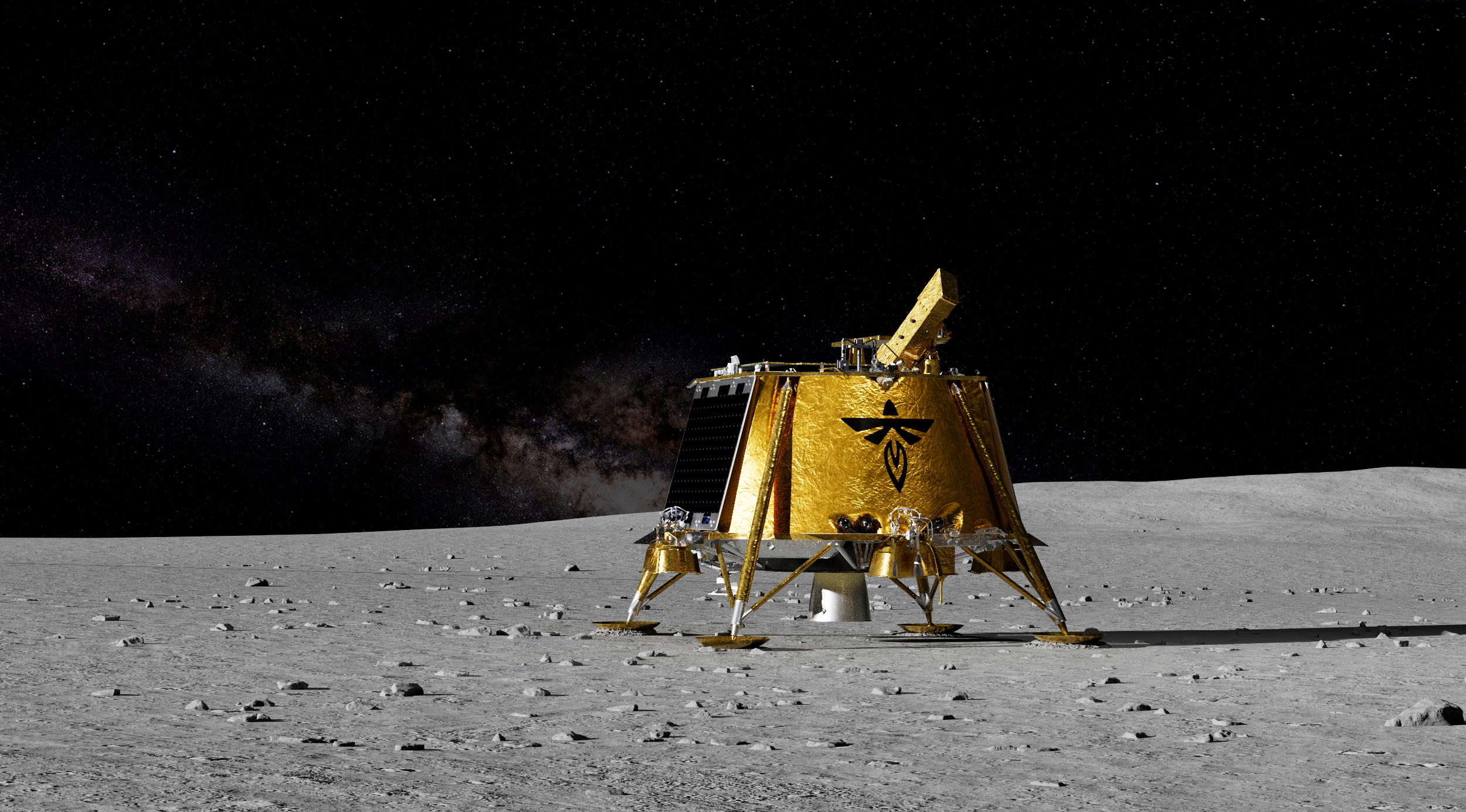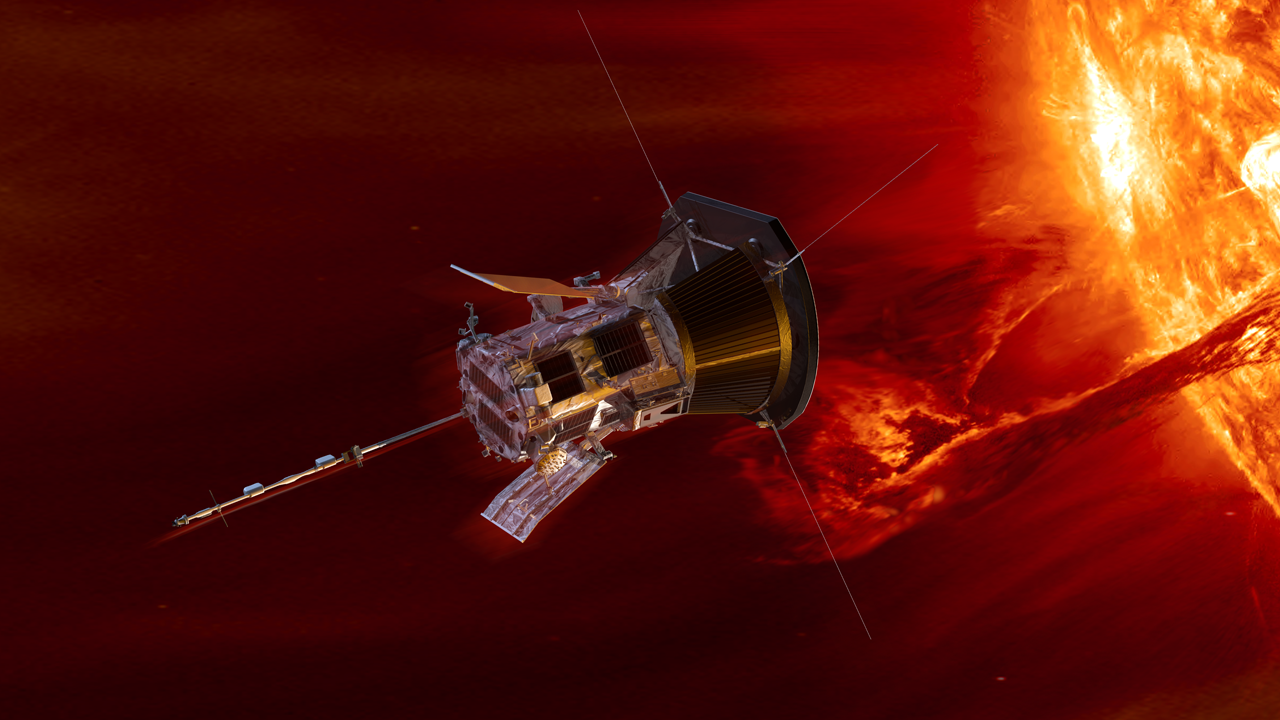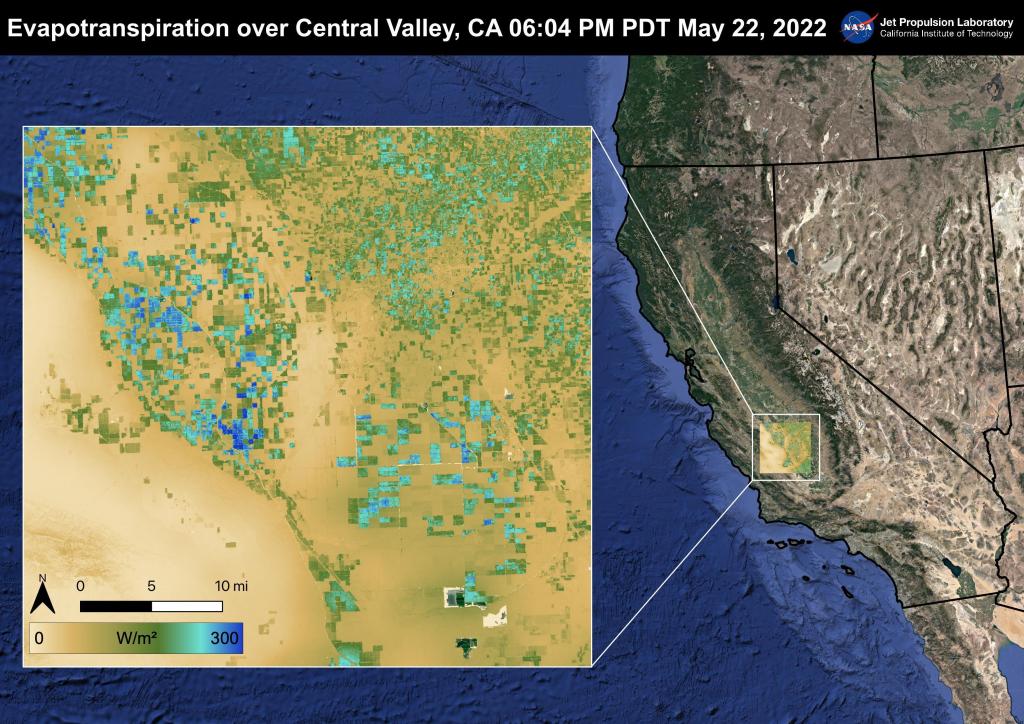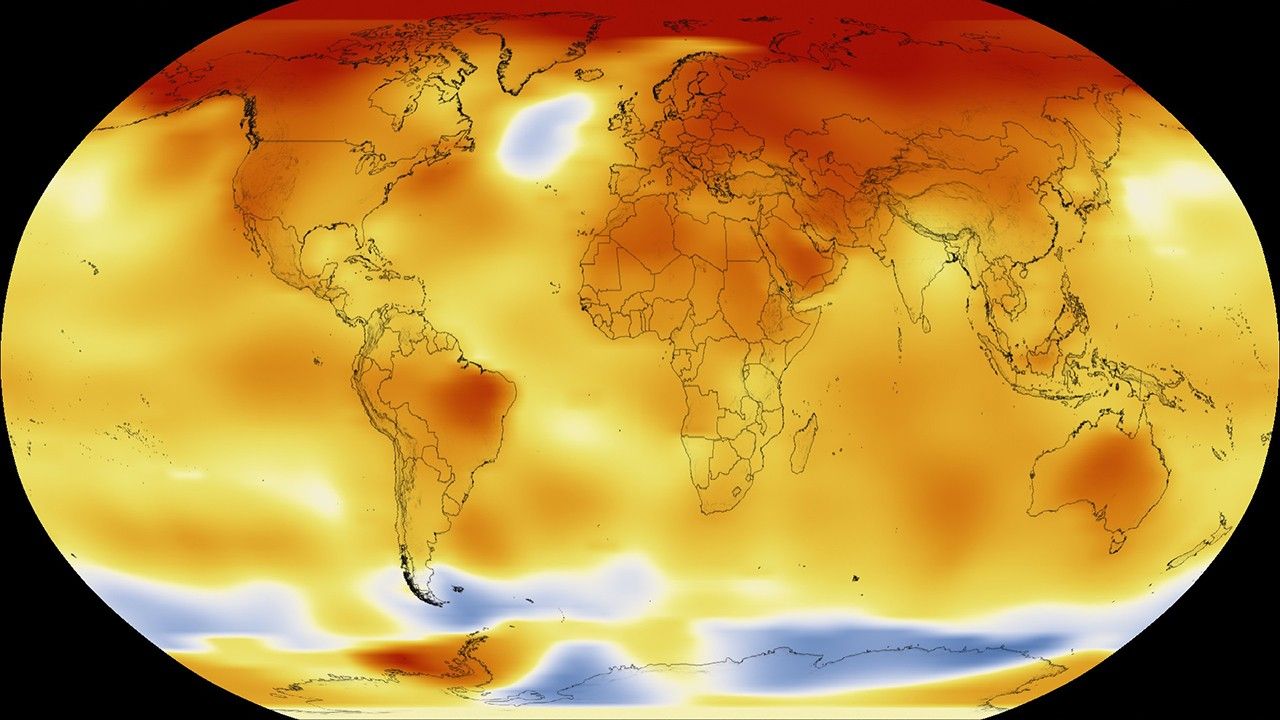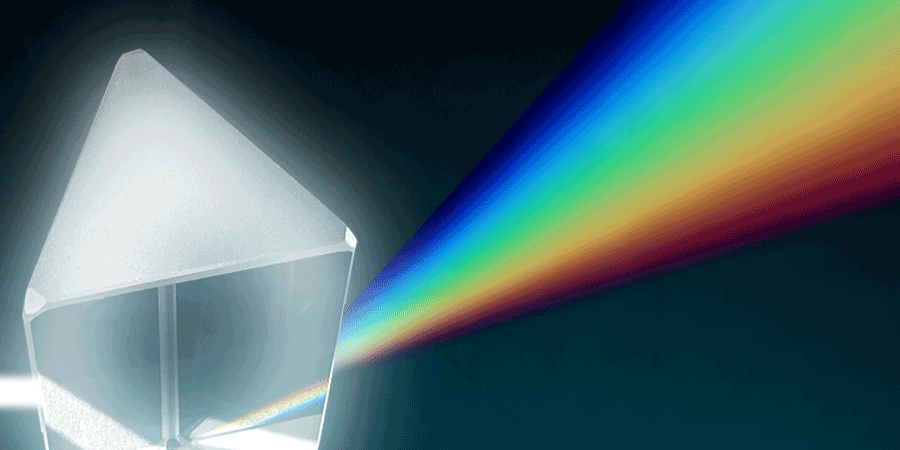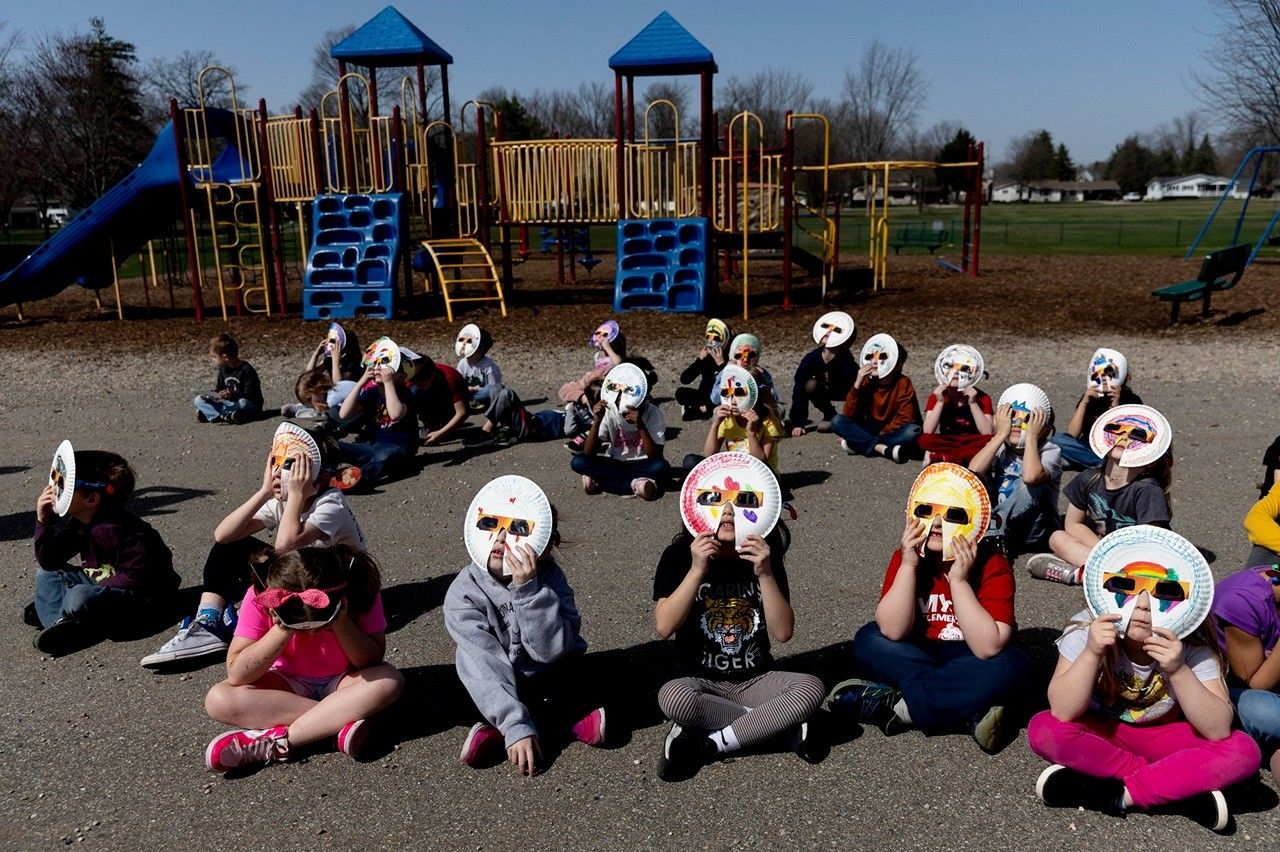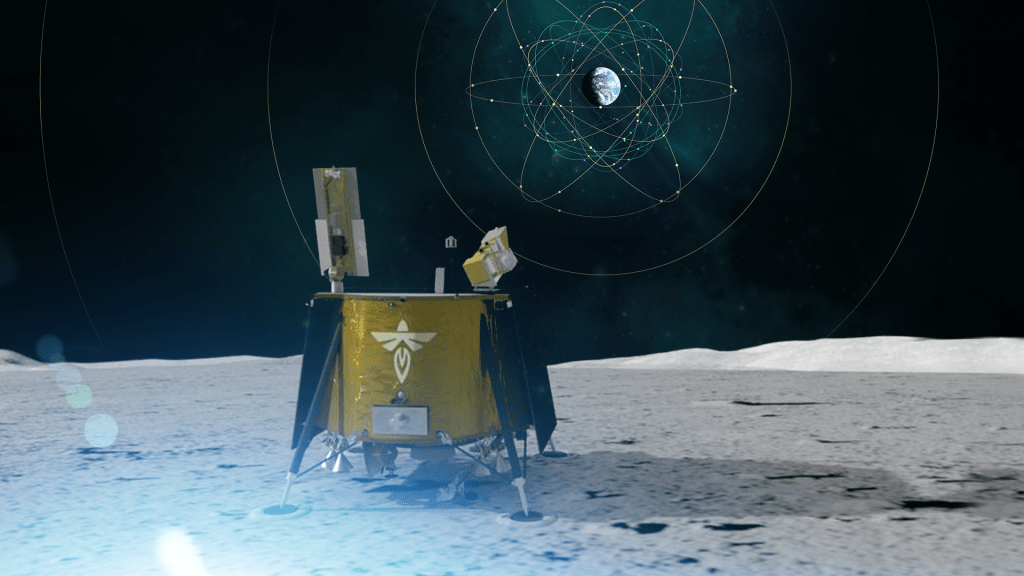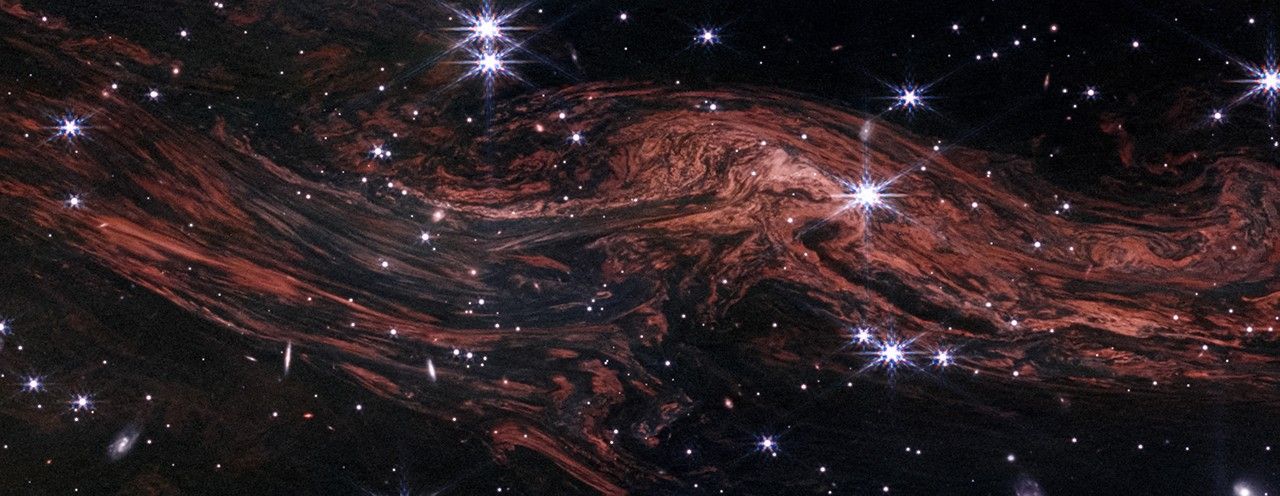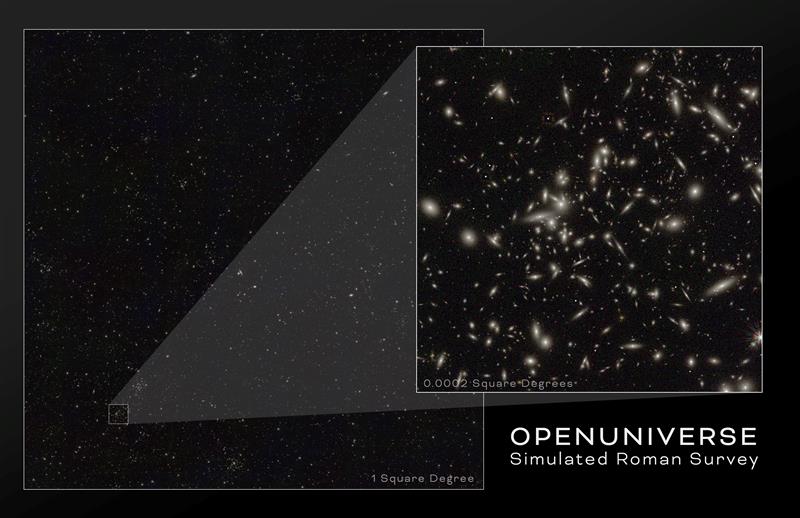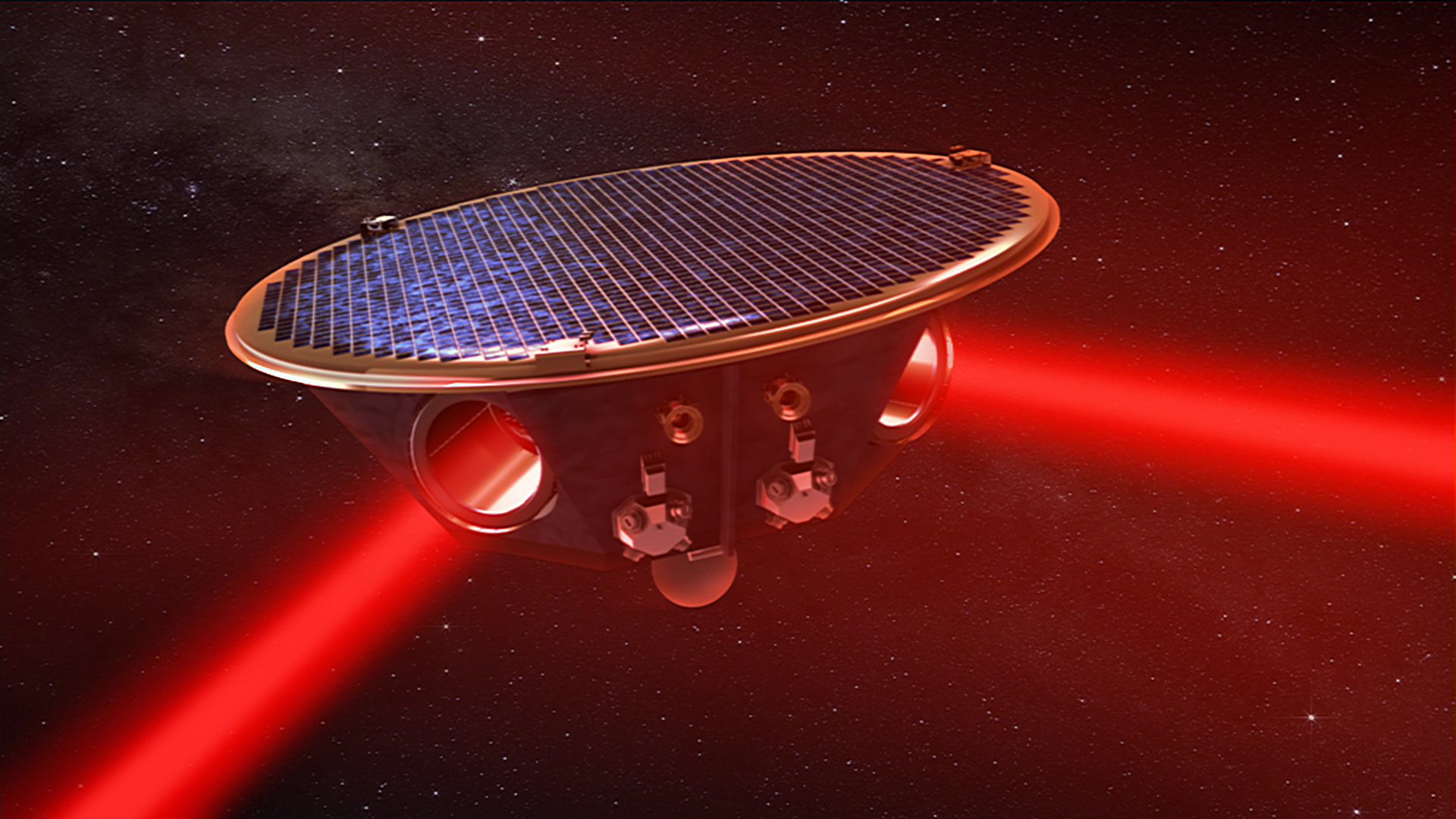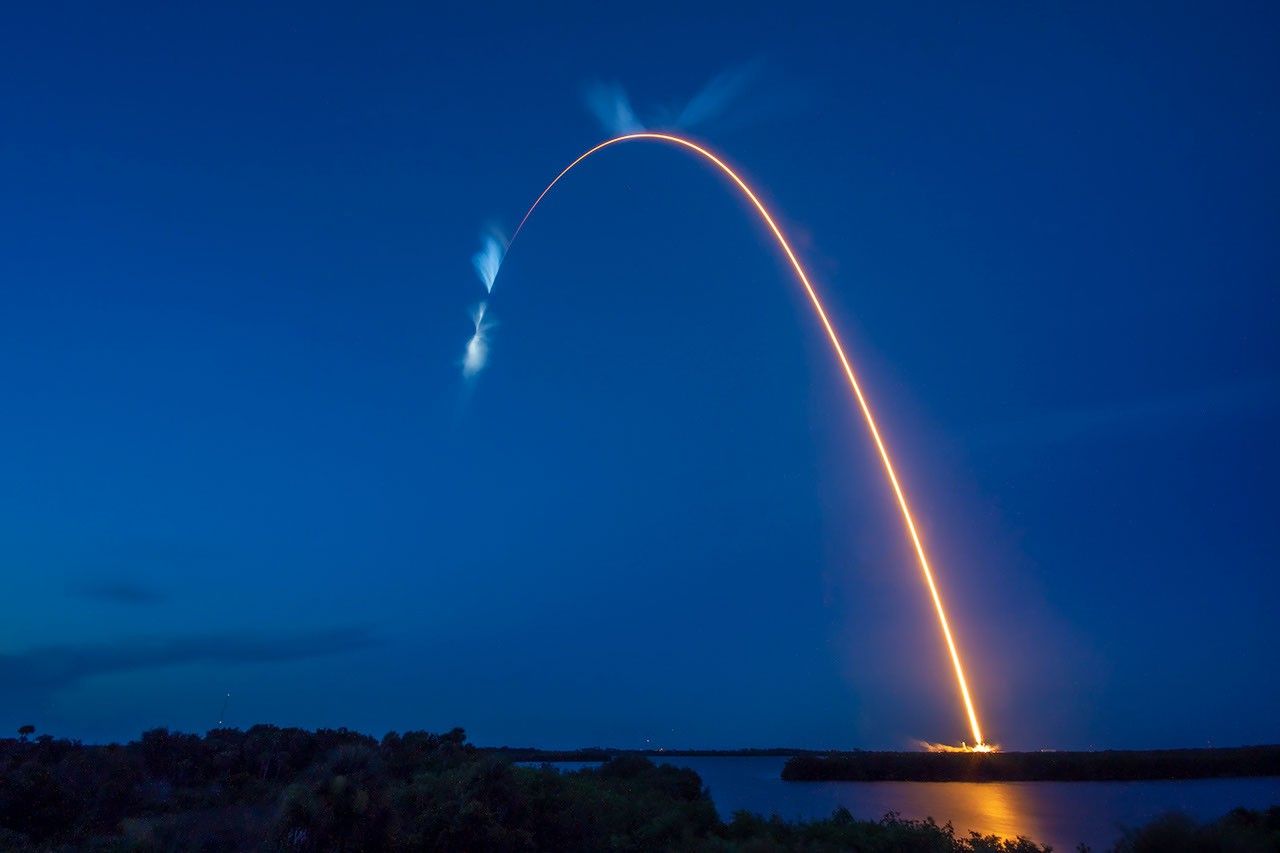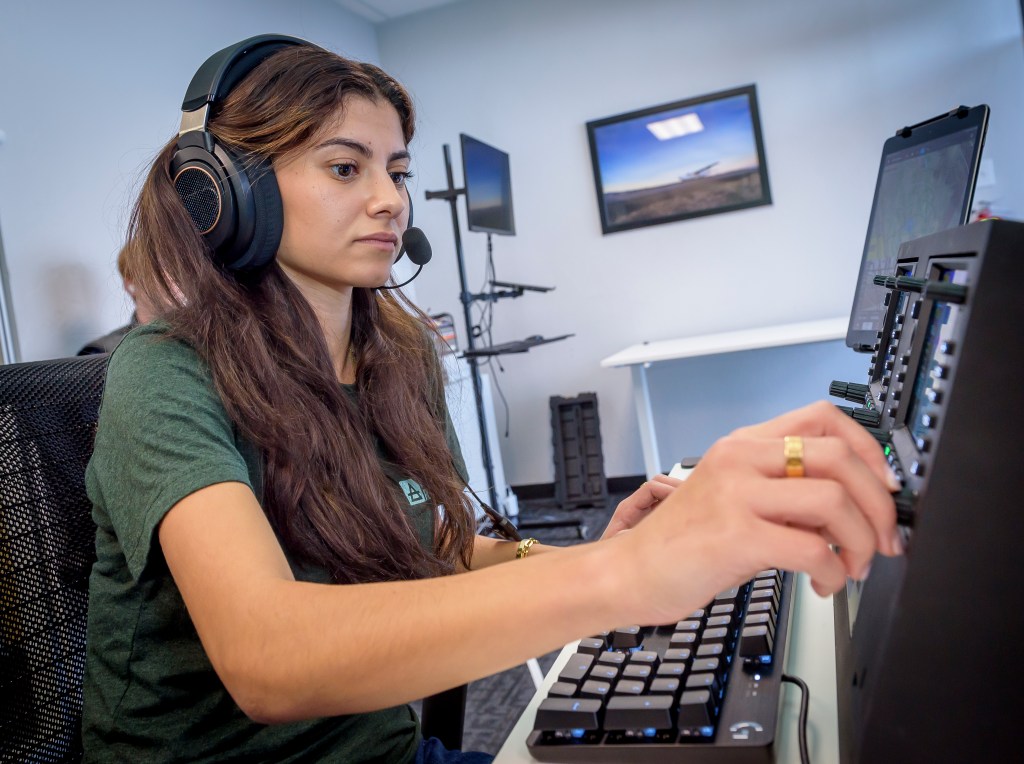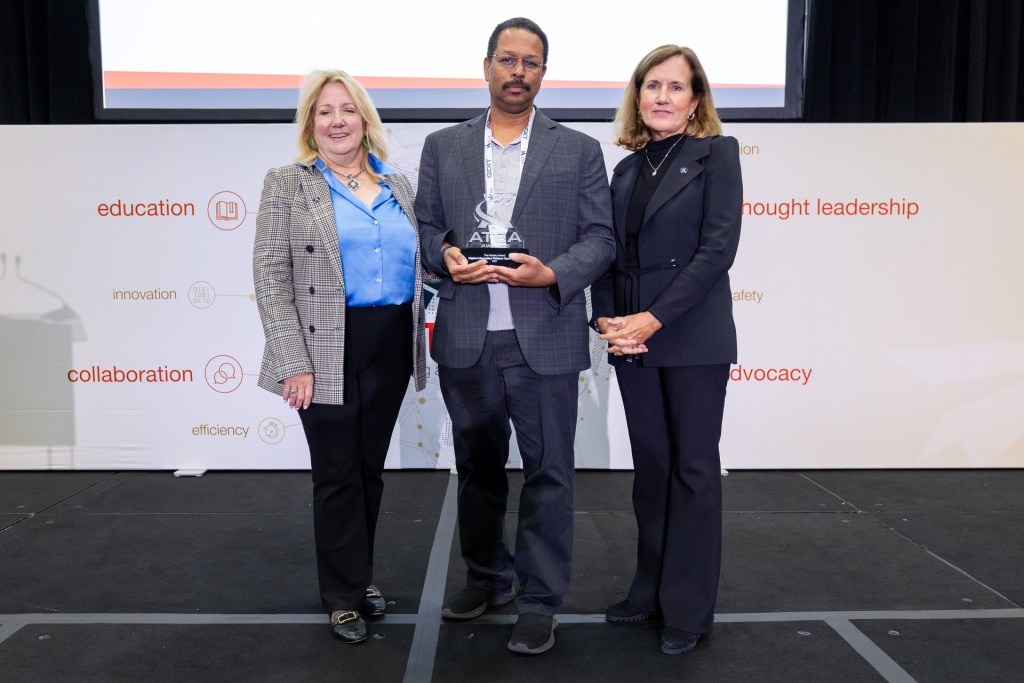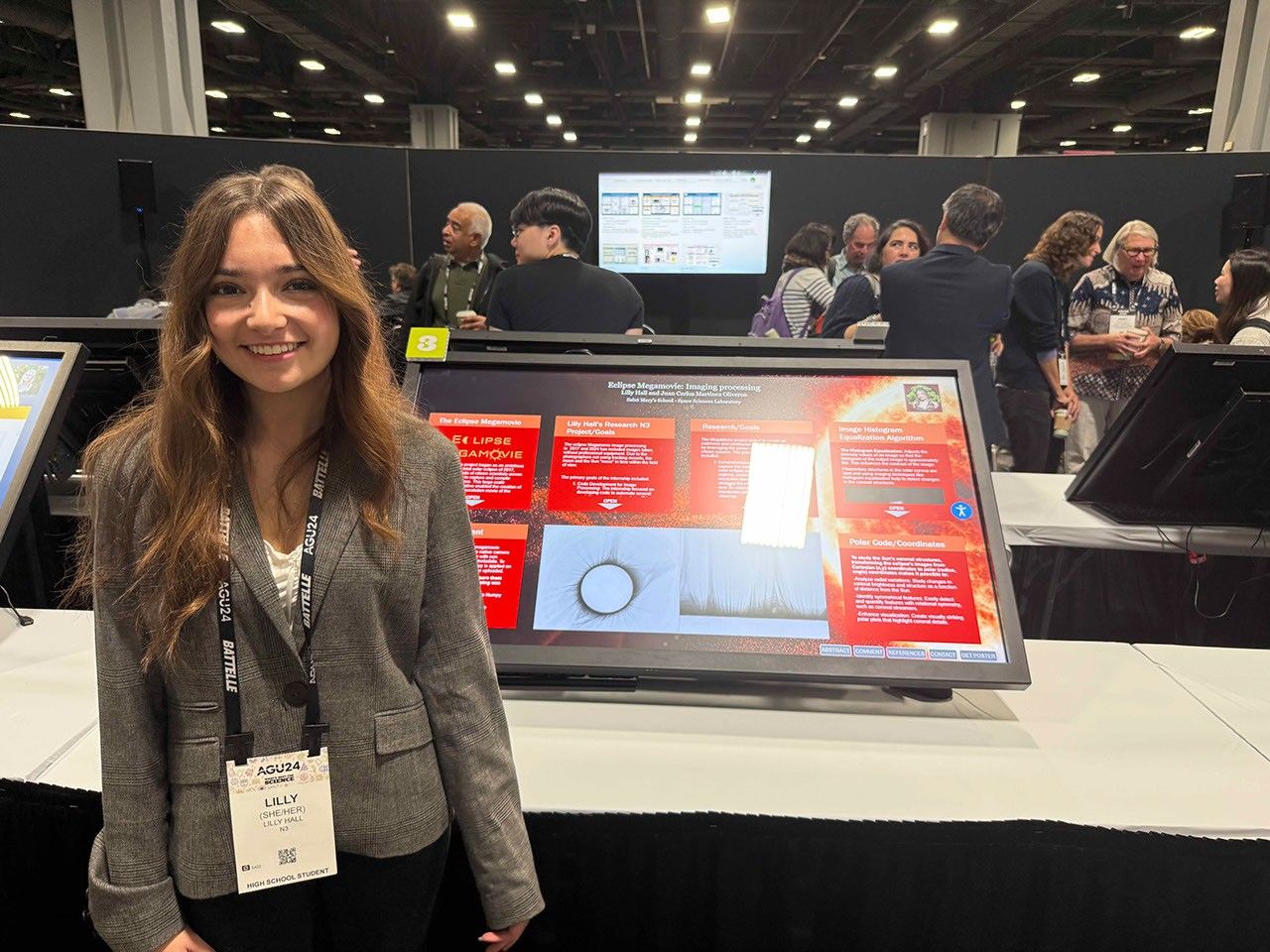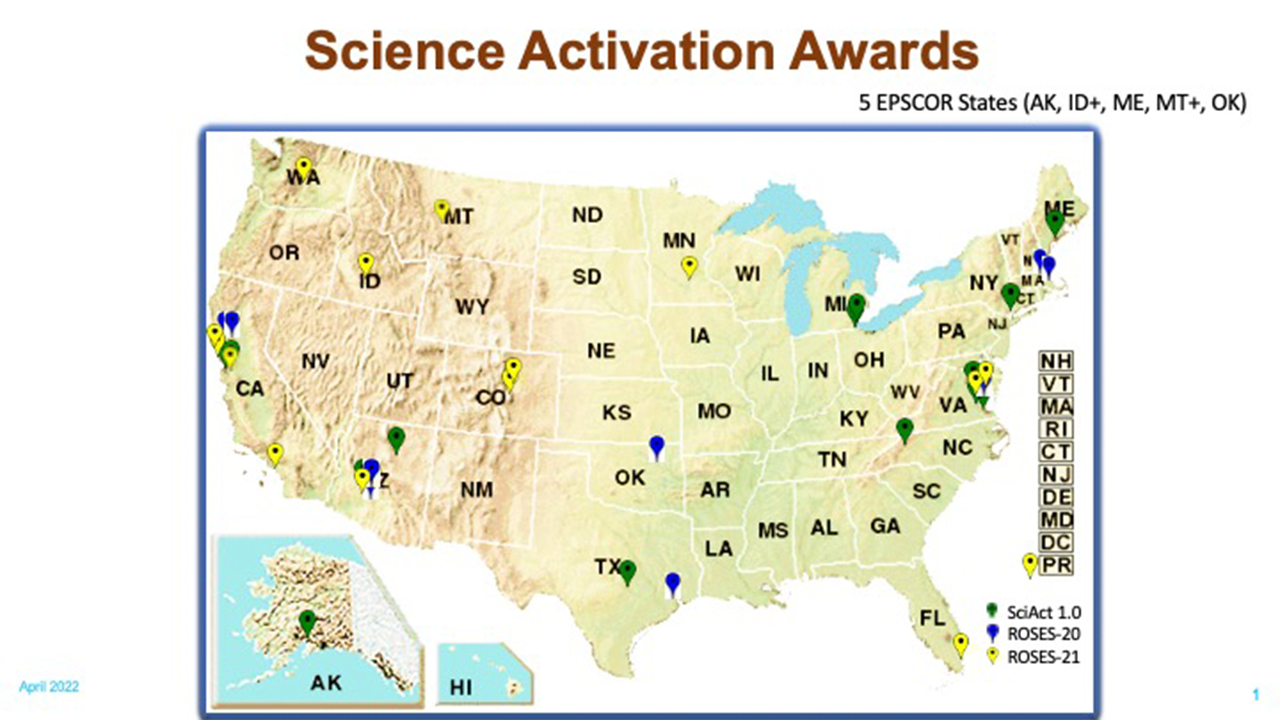NASA selected proposals totaling $12 million over four years to five organizations from across the country to bring NASA science to learners of all ages, backgrounds, and communities. These additional selections leading to the award of cooperative agreements, were made by NASA’s Science Mission Directorate (SMD) in addition to those announced in September 2021.
“Providing opportunities for all the nation’s learners is our goal at NASA,” said Kristen Erickson, director of, Science Engagement and Partnerships at NASA Headquarters in Washington. “We see the two solar eclipses in 2023 and 2024 as another way to strengthen science across so many communities not typically served. Working together will prepare us for the next celestial show!”
The selected institutions and their proposed projects are:
Arizona State University – Tempe, Arizona. Paul Martin, principal investigator for “Engaging Hispanic Communities in Authentic NASA Science: Broadening Participation in Science Activation through Local Partnerships and National Networks (Engaging Hispanic Communities)”
NASA Jet Propulsion Laboratory – Pasadena, California. Ben Hamlington, principal investigator for “NASA and NOAA Sea Grant Collaboration to Translate Sea Level Science to Coastal Communities”
Twin Cities Public Television – Saint Paul, Minnesota. Rita Karl, principal investigator for “NASA Inspires Futures for Tomorrow’s Youth (NIFTY): The Power of Networks to Advance Equity”
Fairchild Tropical Botanic Garden – Coral Gables, Florida. Carl Lewis, principal investigator for “Growing Beyond Earth Science Activation for Middle and High Schools”
University of Colorado – Boulder, Colorado. Douglas Duncan, principal investigator for “Science Through Shadows: Eclipses and Solar Science, Occultations and Solar System Origins”
The awardees will each receive funding to support the agency’s Science Activation Program, a collaborative network of competitively-selected teams that connect NASA science experts, real content, and experiences with community leaders to do science in ways that activate minds and promote deeper understanding of our world and beyond for learners of all ages.
The solicitation focused on three areas: engaging learners for the upcoming 2023 annular eclipse and 2024 total solar eclipse over North America; integrating data into science learning; and enabling the nation’s learners to be active participants in the scientific process.
For more information on NASA’s science programs, please visit:


